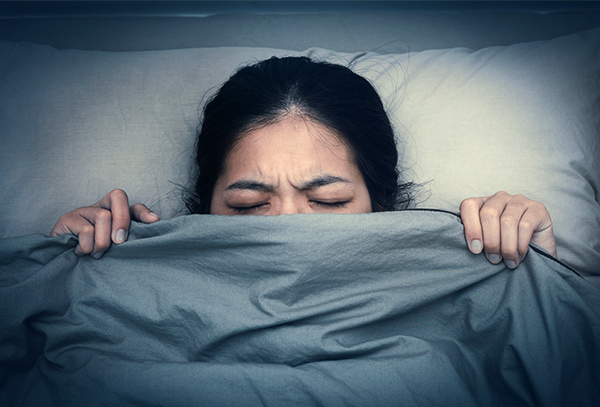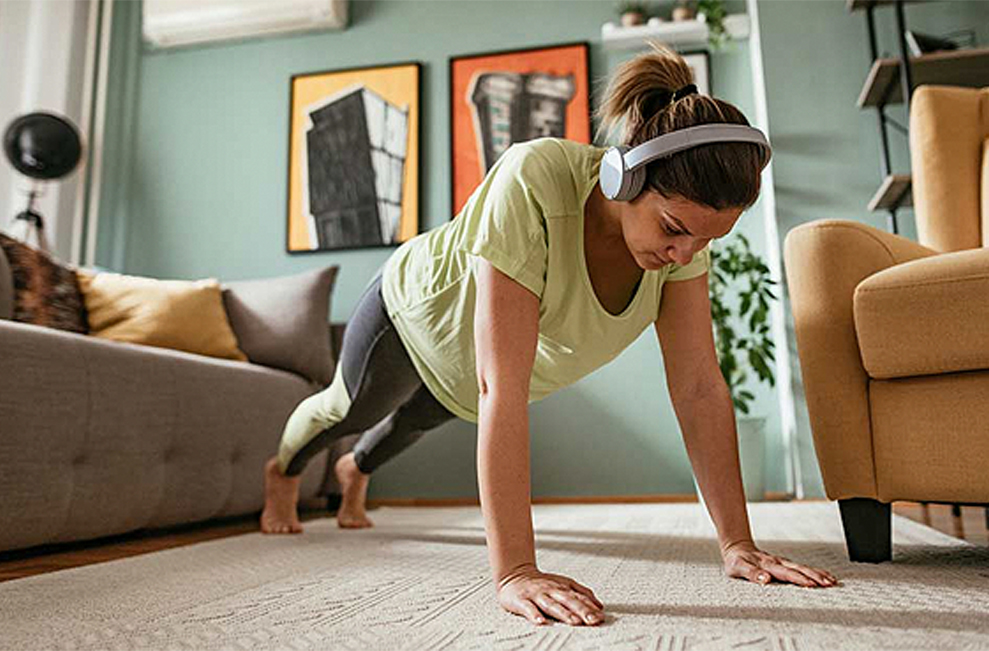A new study from Northwestern University found that sleeping in even the dimmest light for one night (such as leaving the TV on or exposure to streetlights through a window) significantly impaired cardiometabolic function: increasing nighttime heart rate and next-morning insulin resistance. The researchers concluded that even when your eyes are closed, your brain knows that lights are on, with dim light activating the sympathetic…





























































